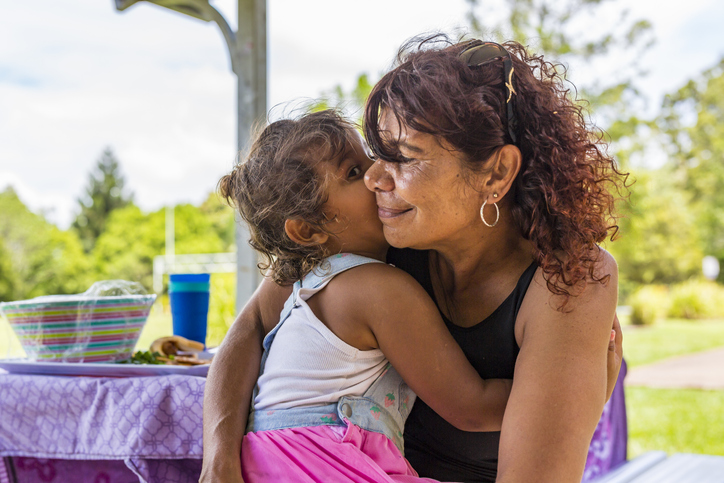While COVID-19 has already had significant impacts on Australians, new research suggests it is those most vulnerable, including Indigenous communities, that will feel the effects the most.
The Centre for Social Impact (CSI) and First Nations Foundation has released a new policy response to COVID-19 to ensure Aboriginal and Torres Strait Islander people are kept financially safe over the coming months.
The ‘Indigenous Financial Impacts and Risks and COVID-19’ paper is based on research undertaken by CSI last year around Indigenous financial resilience. It highlighted important considerations that need to be taken into account to ensure that Aboriginal and Torres Strait Islander people have access to appropriate services and financial literacy during the COVID-19 crisis.
Lead researcher, Dr Megan Weier, said crisis measures such as social distancing, business closures and worldwide economic stresses have led to an increase in unemployment – “but it’s Indigenous people who are already experiencing high levels of financial stress who are going to be hardest hit by an economic recession”.
Based on the research, there are critical issues to consider that may contribute to increased risk of financial hardship. This includes:
- Half of the people spoken to for the survey said they did not have any money put away, and just under 40% said they would be able to get $2,000 in a week if there was an emergency. This suggests there is likely to be high levels of high stress for a lot of Aboriginal and Torres Strait Islander people in the face of an economic downturn.
- People living in remote communities are already paying much higher prices for basic personal and household items. The same stimulus payment will buy less in remote communities compared to metropolitan areas.
- Social distancing and the restriction of ‘non-essential’ activities may restrict access to volunteer or charitable services and activities, where people who typically use the services may rely on receiving meals, legal advice, or other social services that may otherwise cost them money if they weren’t able to access them.
First Nations Foundation chief executive Phil Usher said that we are already starting to see the impact of financial vulnerability among Indigenous people. He said a simple solution for the Government is to support more Indigenous financial education programs.
The CSI Indigenous Financial Impacts and Risks and COVID-19 fact sheet is available here
Boost for Indigenous support services
The ACT Government has allocated $580,000 to support Aboriginal and Torres Strait Islander organisations and services during COVID-19.
Minister for Aboriginal and Torres Strait Islander Affairs, Rachel Stephen-Smith, said, importantly, the funding will ensure “Aboriginal and Torres Strait Islander people have access to a range of services and support programs that are community controlled, culturally appropriate and specific to the needs of the community”.
Included in the funding is $200,000 for Gugan Gulwan Youth Aboriginal Corporation to enhance capacity to deliver their youth support services and integrated services for families, while Winnunga Nimmityjah Aboriginal Health and Community Services will receive $100,000 to deliver a range of holistic wellbeing supports for individuals and families. This is in addition to almost $250,000 provided to Winnunga to support its COVID-19 health response.
Additional recipients include Relationships Australia Dhunlung Yarra ($100,000), Canberra Rape Crisis Centre Nguru Program ($75,000), Tjillari Justice Aboriginal Corporation and Yeddung Mura Aboriginal Corporation ($20,000 each). A total of $65,000 will also be available for grassroots organisations to go towards activities that support connection to culture and mental health.
This funding complements the $250,000 recently announced for targeted Aboriginal and Torres Strait Islander mental health and suicide prevention initiatives.



